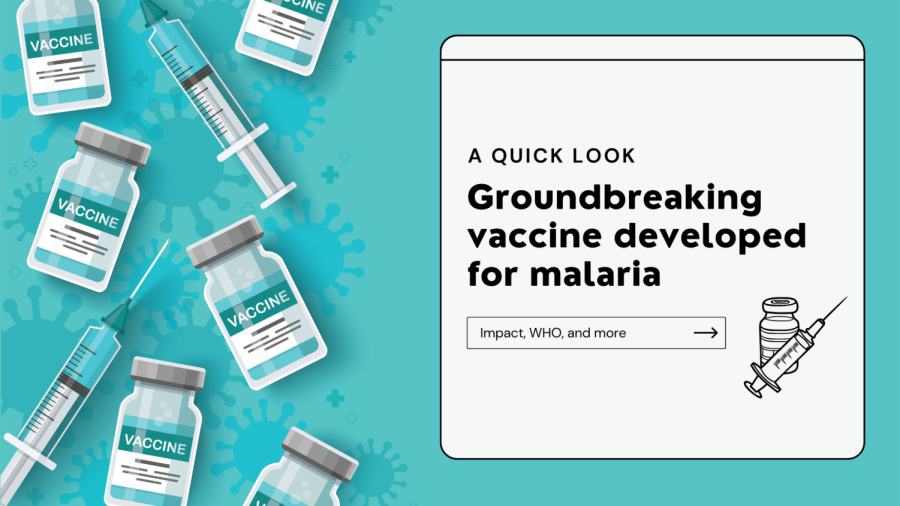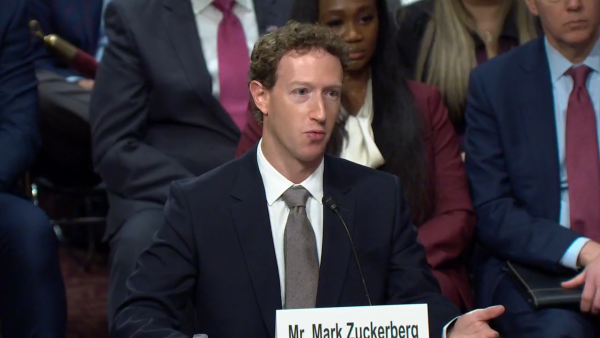WHO approves new malaria vaccine with great potential
Malaria is an ancient disease that is believed to have spread in Ancient China, Mesopotamia, Ancient Egypt, and India.
October 28, 2022
In 2020, 19 countries in sub-Saharan Africa and parts of Asia carried almost 85% of the global malaria burden, as the disease ravaged parts of the world and caused the death of over 600,000 people globally.
The University of Oxford, however, has recently documented and produced a breakthrough vaccine that is at least 80% effective in eliminating malaria almost entirely in young children.
“When I visited Africa in the summer of 2021, I realized how big of an issue malaria was. I was even required to take medication to prevent it,” said Keaton Lai (‘24).
Many global commentators have suggested that the newly-introduced vaccine is world-changing because, if widely deployed, the World Health Organization (WHO) estimates that the vaccine could save the lives of an additional 40,000 to 80,000 African children each year.
“I think the malaria vaccine can be world-changing if the World Health Organization can mass produce a successful version of the vaccine,” said Mikail Mirza (‘23).
Scientists have brokered a deal with the Serum Institute of India, the largest vaccine manufacturer in the world, to produce over 100 million doses a year. If successfully implemented, the death rate among children from the disease is speculated to drop significantly.
“This would be incredible for kids in our generation and in future generations. I always knew malaria was a major issue in our world today, and if these doctors can pull their project off, this would revolutionize medical advancements,” said Mirza (‘23).
The WHO, giving their stamp of approval for children at risk, found the vaccine to be highly cost-effective overall, especially when compared to other new vaccines and malaria treatments. However, the vaccine’s efficacy against severe cases of malaria is only around 30% (as evident in larger trials).
“We hope that this will be deployed and available and saving lives, certainly by the end of next year,” said Professor Adrian Hill, director of the Jenner Institute.
Ultimately, the malaria vaccine being developed could potentially be revolutionary and wield great impact on the third world and pave the way for a brighter and more healthy tomorrow.
“I think this vaccine could be really helpful for the third world. We often don’t realize that we are so advanced. There are people out there who do not have the same luxuries that we do, and one of those luxuries is prevention and treatment against malaria,” said Ativ Asarawala (‘24).















